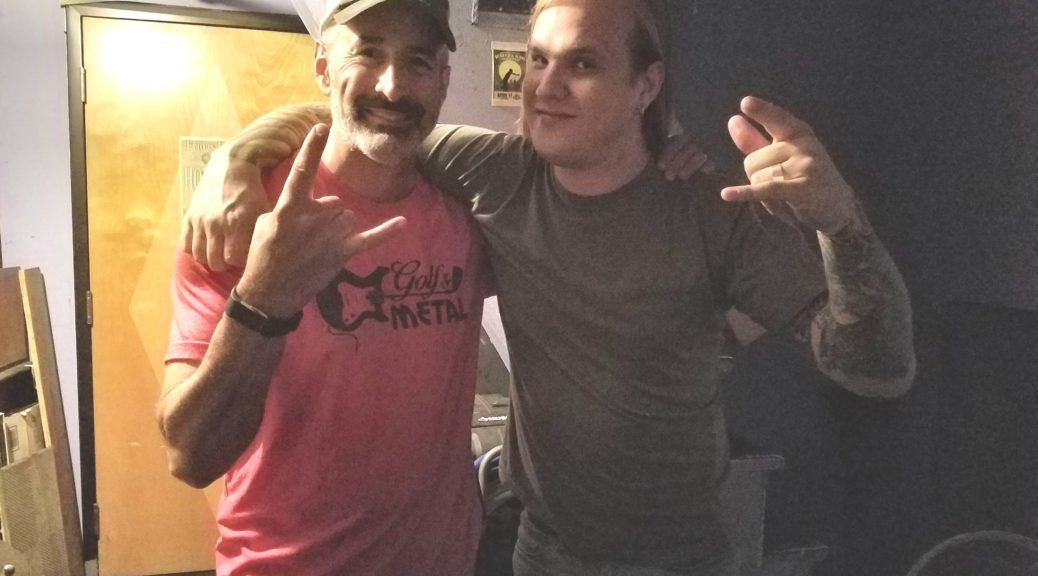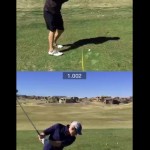In just about 10 months, I will turn 50 years old. While my personal demise does not preoccupy my daily thoughts, it is hard to avoid the reality of the situation. If I am lucky, I have 25 to 30 years left on the planet. That being the case, I have a lot that I want to accomplish in a short period of time. In no specific order, here are some of the things that I will do before the lights go out. If possible, I would like to experience many of these quests with my wife and 2 sons.
- Learn to Play a Guitar – As a lifelong metalhead, I have and continue to admire the musical abilities of Tony Iommi, Randy Rhodes, Eddie Van Halen and Darrell Abbott. On July 29th, I will take a guitar lesson from Kyle Shutt. Kyle is a founding member of the band, The Sword. He is a talented and accomplished artist who kindly agreed to mentor me. I am not sure if I can learn to play the guitar, but I am going to try.
- Own and Operate a Company – I have been an employee for almost 30 years. I appreciate the majority of my employers, and the opportunities they have provided me. That said, I want to own my own company. It does not matter what type of company. My years of business experience, coupled with a desire to collaborate with focused and committed people, will ensure the success of this company. It is only a matter of time before I discover the right opportunity.
- Hunt a Bull Elk – When I think of hunting the Western half of the United States, the first animal that I think of is an elk. I want to put my evolving predator skills to the test, and challenge myself both mentally and physically. The good news is that I live in a Colorado where elk run wild. Admittedly, this hunt intimidates me given my inexperience, and the intense planning & preparation involved. It would be ideal if I could recruit a veteran big game hunter like Randy Newberg, Nate Simmons or Steven Rinella to provide me their professional insight. If I am unable to convince a seasoned veteran to assist me, I will figure it out on my own. Ty (12) is ready to complete his hunter safety course, and Jesse (10) is less than 2 years away. They will make fine hunting partners sometime soon.
- Fly Fish New Zealand – I want to catch big, native trout in a majestic environment. Videos I watch validate that those who fly fish New Zealand have opportunities to engage monster fish. I am told that these fish don’t receive consistent pressure, and they are not shy when it comes to attacking a fly. In addition to working on my casting proficiency, I will begin to train Ty and Jesse on fly fishing basics. They already have the angling bug, it is now time to evolve our skills.
- Hunt Pheasants in South Dakota – My favorite activity in life is bird hunting. If there is a mecca for upland hunters, it is the state of South Dakota. Friends have told me that the birds are so thick, it can be difficult to pick a rooster out to shoot. Echo, my gundog, is 18 months old. She and I enjoyed many adventures during her first year in the field. Echo and I are ready for the 8-hour ride to rooster paradise.
- Golf Ireland (again) – Back in 2000, some friends and I golfed the east coast of Ireland. We had the time of our lives. The landscape is incredible, the people are kind and the courses are historic. It is time to go back, and do it again with a true appreciation for the experience. To do the trip with my sons and wife would make it ideal.
- Write a Book – I need to figure out the general subject matter, then go for it. It would be great if the book was commercially successful, but that is not my motivation. I want it to be good, and I cannot continue to procrastinate. Tim Ferriss says to write “two crappy pages a day”. That does not seem insurmountable.
- Offer Help – I try to lead a selfless, generous and empathetic life. That said, when I do the occasional candid self-evaluation, I realize that I don’t do enough for others. Of course, I try to extend myself for family and friends. That is generally easy because I love the person that I am helping. What I am talking about is being proactively available to strangers. Actually, assisting people I don’t know. I am passionate about upland hunting. Despite my relative newness to the sport, I am 100% engaged. There are many people that dream about walking a grassy field, alongside a bird dog, with a chance to mount a shotgun at a cackling rooster. Many of those people might never get that opportunity. Perhaps I can be the person that will introduce them to an unforgettable moment.
As time progresses, I will hopefully minimize this list. When inspired, I will add ambitious life objectives to it. When I accomplish a feat, I will opine on it in writing. Completing this article commits me to the journey. Let’s go!





